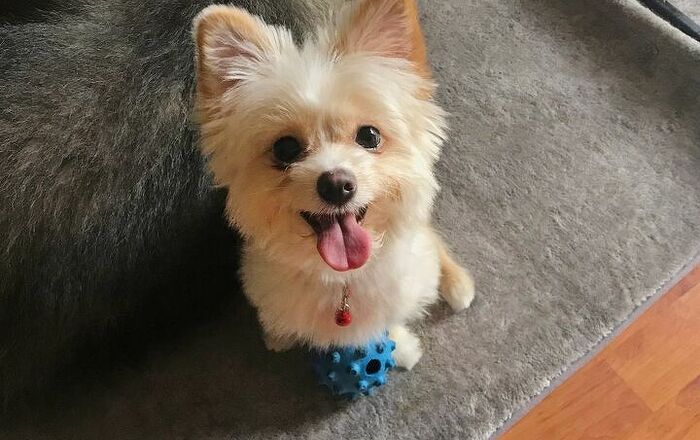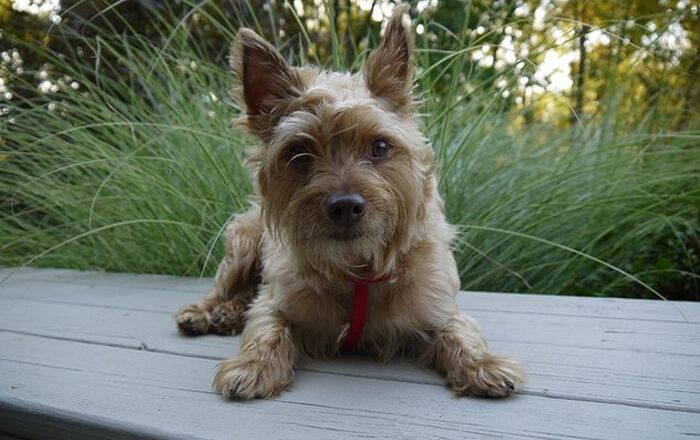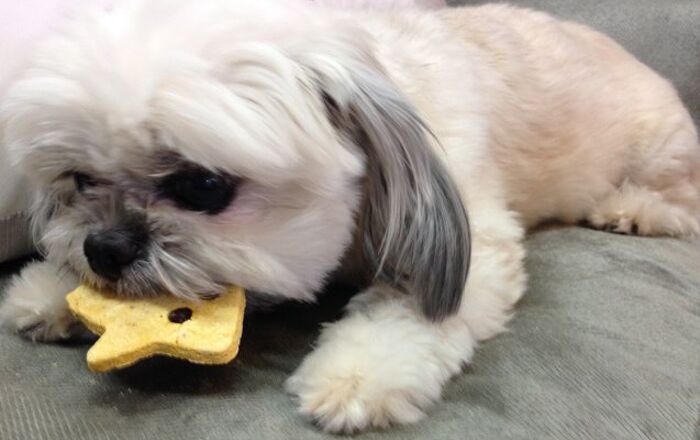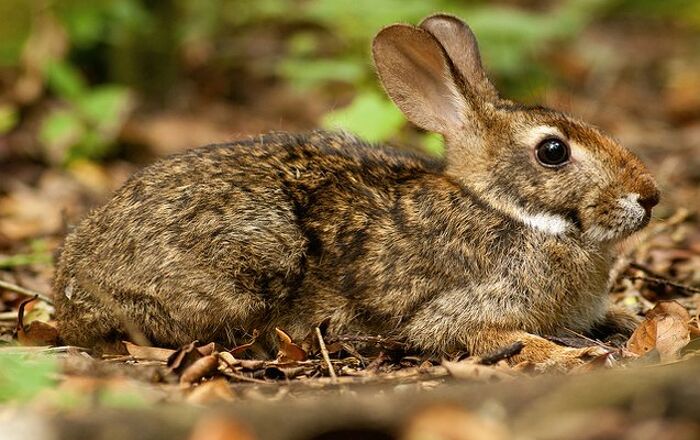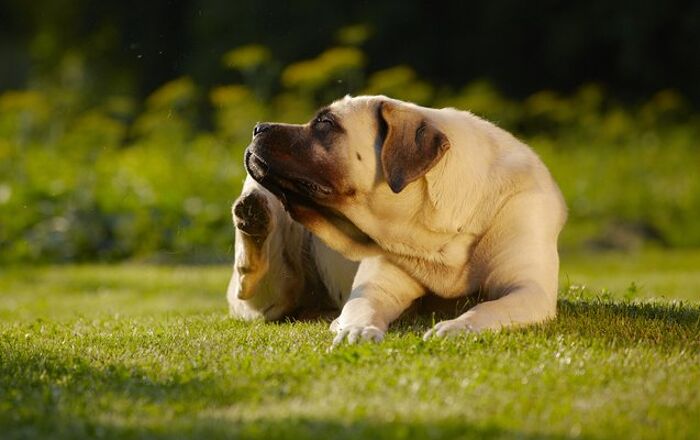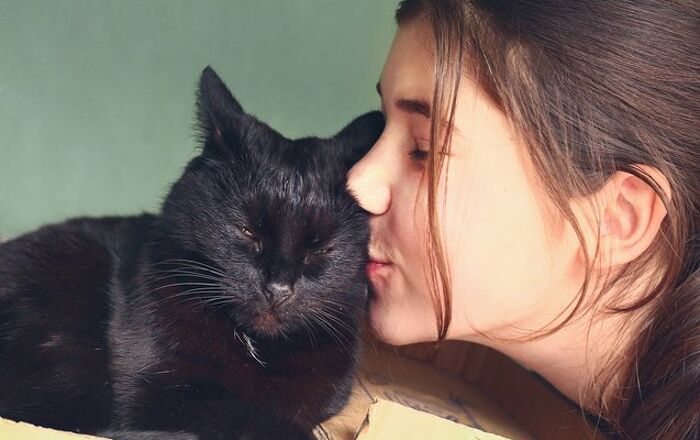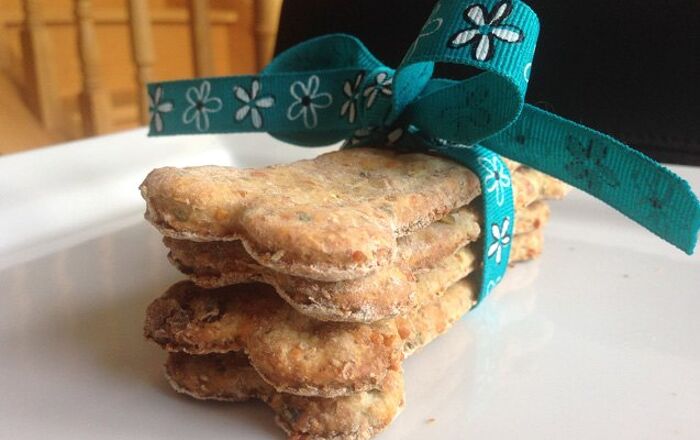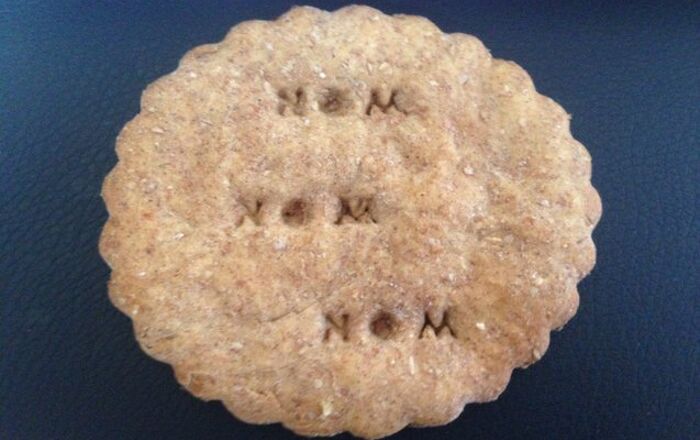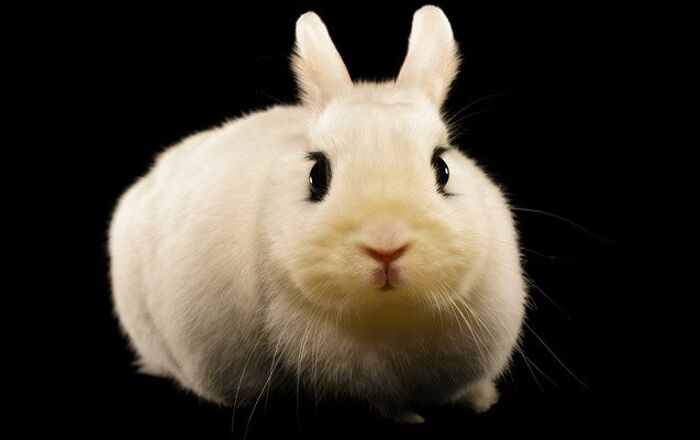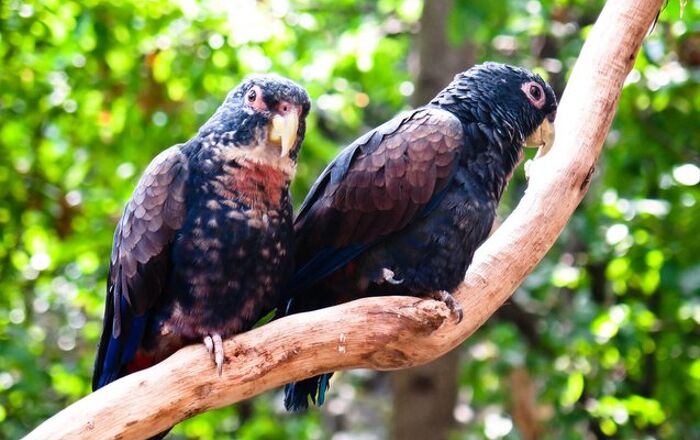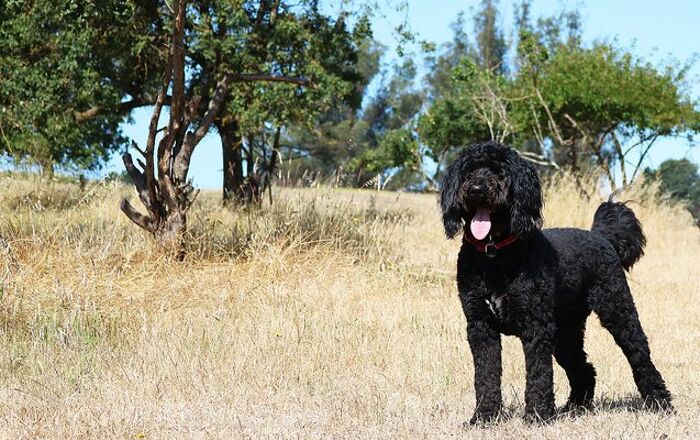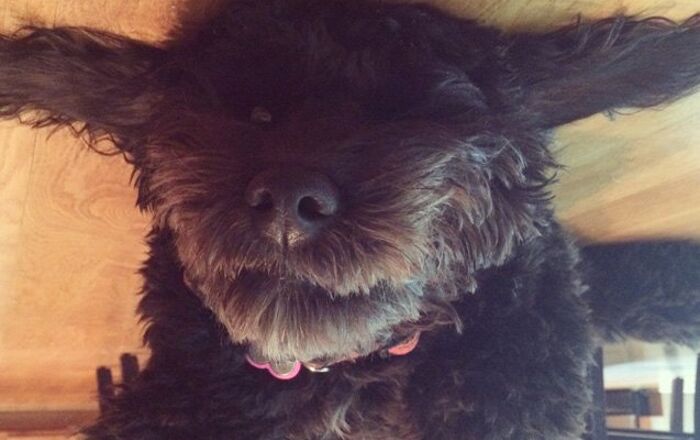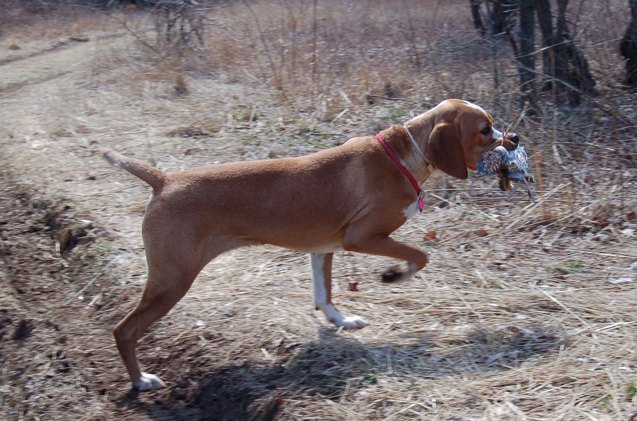
Portuguese Pointer Basics
An incredible asset to the bird hunter, the Portuguese Pointer is considered to be one of the ultimate gundogs. His desire to please coupled with his hunting ability makes this breed a very popular companion choice for hunters. However, hunting is not the only quality the Portuguese Pointer has to offer. He is also a brave and loyal watchdog who is reliable with children within his family. His playful nature and energy will keep kids busy playing ball and fetch for hours. Perdigueiro Português, as it is known in his home country, is known as an affectionate, devoted dog. His loyalty and love for his family are intense and he will be very close to his humans.
But while no one can deny that this breed’s many qualities make him appealing to a variety of owners, not every family will make these European dogs happy. One of their defining traits is their energetic, active nature and they require an owner that will meet their exercise needs. The Portuguese Pointer needs plenty of room to run and is not happy being cooped up inside the house. He does like cuddling in the evenings but to this breed, daytime is time to work. His trainability will allow him to perform tasks in the home that will make him feel useful and his owner to be thrilled that he doesn’t have to do them. Does the Portuguese Pointer sound like a dog of your dreams? Read on to find out more about this rare breed.
An incredible asset to the bird hunter, the Portuguese Pointer is considered to be one of the ultimate gundogs.
Origin
The Portuguese Pointer is believed to have originated in, you guessed it… Portugal! This breed is said to be thousands of years old. The Portuguese Pointer was bred to assist bird hunters in locating game. Today, the breed still functions magnificently as a gundog but also enjoys living and playing with his family.
Pedigree
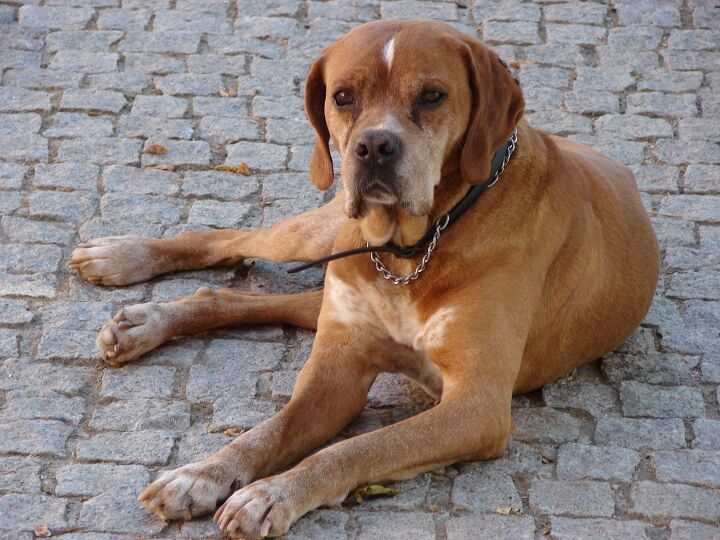
It is believed that the Portuguese Pointer is a descendant of the ancient Iberian hunting dog. The Iberian’s existence in Portugal can be found dating back as far as the 12th Century! In the 18th Century, this breed became quite popular with the less fortunate. Considering prior to that, the Portuguese Pointer was only owned by royals. When hard times hit the country, the population of the breed declined. Diligent breeders located Portuguese Pointers in the northern part of the country and used them to reestablish the breed.
Food/Diet
The Portuguese Pointer is a high-energy dog and requires a high quality diet to meet his nutritional needs. Like all canines, this breed will also require a well-balanced ratio of meat-based proteins, healthy fats, complex carbs and a variety of vitamins and minerals to truly thrive. Most experts agree that these requirements are met with premium dry food for dogs. Kibble contains all the important nutrients and it is a convenient way to get your dog all of the diverse ingredients they need to be healthy. For a dog such as the Portuguese Pointer, medium dog breed formula or formula for active, athletic dogs works best. In addition to choosing kibble that suits their size and activity level, make sure that it is age appropriate as well. Puppies, adults, and seniors all have different dietary needs.
Some breeders also recommend feeding food prepared at home, whether cooked or raw. However, if you decide to go with this route, it is crucial to have your veterinarian’s approval and guidance. Canine nutrition is complex and it’s easy to miss important nutrients or to overfeed your dog- obesity is a serious issue for these active dogs.
Portuguese Pointers have a desire to please their owners.
Training
Portuguese Pointers have a desire to please their owners. They are highly trainable, but will resist training if done in a harsh manner. Only positive training techniques should be implemented when working with this breed. Extreme praise and tempting treats will entice the Portuguese Pointer into performing the behavior that you are soliciting from him. With consistency and patience, the dog will quickly learn the tricks or tasks that are required of him.
A gundog with impeccable instincts, the Portuguese Pointer needs little training to perform his instinctive duties. His ability to spot, detect and point out prey is favored by hunters. The closer connection the hunter has to the dog, the more in tune he will be with his signals.
Weight
The Portuguese Pointer should weigh between 35 and 59 pounds and stand between 16 and 22 inches tall at the withers.
Temperament/Behavior
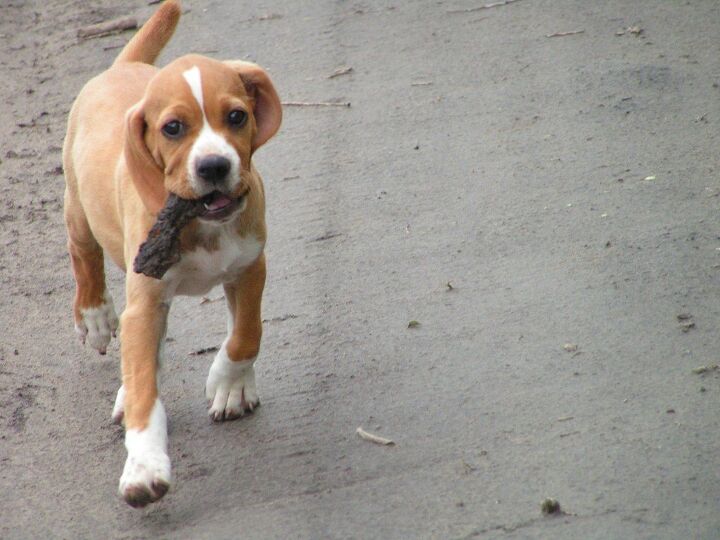
The Portuguese Pointer is loyal and dedicated to his family. Although not aggressive to humans by nature, he will bark warning when something amiss is going on around their home. This breed’s bark is loud and low enough to scare potential intruders away. He does make a good watchdog but he certainly is not a guard dog.
Loving the outdoors, the Portuguese Pointer needs to be constantly active. Striding through the grass, seeking potential game, locating it for his owner and waiting for that gunshot seem to be this breed’s idea of heaven on earth. Portuguese Pointers are also happy to play in the yard with his family. Ball, fetch and hide and seek are some of his favorite pastimes when hunting season has passed. With proper socialization, this breed will accept strangers providing they make no threatening moves nor raise their voices to the dog’s family.
Common Health Problems
The Portuguese Pointer is considered to be a healthy, hardy dog. There are no records of any breed-specific issues that potential owners should look for, but there are always some common issues that affect the majority of dogs regardless of their pedigree. For a dog of the Portuguese Pointer’s size, these include hip dysplasia, patellar luxation, cancer, and autoimmune diseases. The best way to make sure that your dog is healthy and robust as it should be is to get a puppy from a reputable breeder. Pet store and puppy mills are not a good place to get a pet from- they sell sickly puppies that come from despicable living conditions.
Life Expectancy
On the average, Portuguese Pointers live between 12 and 14 years.
Exercise Requirements
Energetic and active dogs, Portuguese Pointers require at least an hour’s worth of heavy-duty exercise daily. When hunting season is over, this breed will enjoy playing ball, hide and seek and even Frisbee. The important thing is that he is active or this breed can become destructive. Boredom is the downfall to the Portuguese Pointer. Without physical and mental stimuli, this dog will destroy your home and possessions. An active owner is absolutely necessary for the Portuguese Pointer.
The Portuguese Pointer is loyal and dedicated to his family.
Recognized Clubs
While the breed is not recognized by the AKC, it has been accepted for recording in the AKC Foundation Stock Service. The FSS is essentially a breed registry in which breeders can record the parentage of their litters, but FSS dogs are still not eligible for registration with the club. The goal is to eventually make rare breeds such as the Portuguese Pointer earn the coveted breed status.
The American Kennel Club writes about the breed: “The Portuguese Pointer is considered a medium-sized dog. As a sporting dog, they have quite a bit of energy, especially when young. Their affectionate nature is so intense that the Portuguese standard describes it as sometimes “inappropriate and inconvenient.” This breed is very hardy and is capable of great endurance and devotion.”
Coat
Portuguese Pointers have short and sleek coats. The body feels a bit coarse but the face and ears feel like velvet. The coat should be yellow or tan in color. Solid colors or white markings are both considered acceptable.
This breed requires a fair amount of grooming. Regular brushing is essential to the health of the Portuguese Pointer’s skin but trimming is also a necessary part of the grooming regimen. Trimming should be done at least every 6 to 8 weeks. Bathing should be done on an “as-needed” basis or when trimming is indicated.
Puppies
The Portuguese Pointer puppy should begin puppy obedience classes as soon as the Veterinarian clears him to do so. Early training and socialization will help the puppy to understand the chain of command in the household as well as the fact that not all strangers are dangerous. This breed can be difficult to housetrain so crate training is a safe and effective way to potty train the Portuguese Pointer.


